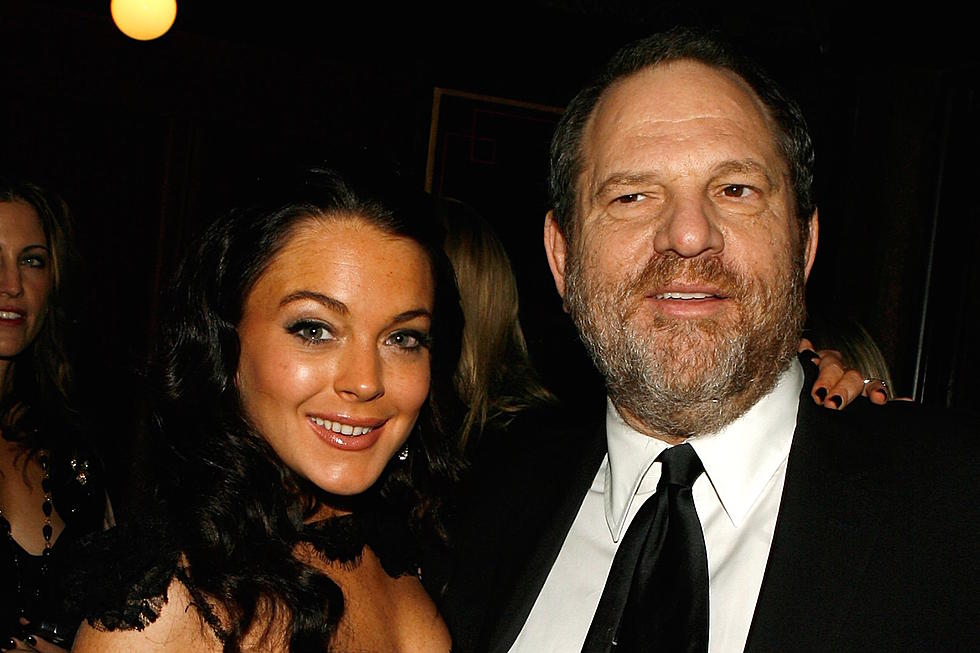
Chad’s Morning Brief: Presidential Debate Thoughts, Kountze ISD Court Decision, & More
Here is your Morning Brief for the morning of October 4, 2012. Give us your feedback below and tune in to The Chad Hasty Show for these and many more topics from 8:30 to 11 am.
1. Presidential Debate
It was a big night for Mitt Romney last night. Both Republican and Democratic pundits agreed that Romney won last night's debate over President Obama. Obama didn't look like he wanted to be there and was noticeably angry at times.
Romney on the other hand was on the attack and made clear arguments that the audience could understand. Romney was aggressive, but Presidential which is important. Would I have liked to have seen Romney call Obama a liar? Sure, but that wasn't going to happen. Romney surprised me while Obama disappointed most Democrats.
Will it matter? Only time will tell, but I think tonight's debate will start shifting some of the independents or undecideds toward Romney. What is important for Romney now is that he has to keep this going. He has to show fire and aggressiveness on the campaign trail as well as in the next two debates.
If the next two debates go like the one last night did, Romney should win this election.
What did you think about last night's debate?
2. Kountze ISD in Court (link)
A Texas Judge should decide today if the Kountze Cheerleaders can put biblical verses on football banners.
A Hardin County judge will hear the discrimination case filed against Kountze Independent School District, after Superintendant Kevin Weldon banned the cheerleader's signs earlier this month. A complaint was brought to the district from The Freedom From Religion Foundation after a resident notified the Wisconsin-based group.
The case in the 2,100 resident town about 85 miles from Houston has raised questions about freedom of speech and the separation of church and state. The cheerleaders and their parents have said the idea was meant to inspire both teams and to "give glory to God."
During this season's Kountze High football games, the players stormed the field through large banners referencing Bible passages, such as Philippians 4:13: "I can do all things through Christ who strengthens me." State District Judge Steven Thomas of Hardin County granted a temporary restraining order that allowed the cheerleaders to use the signs temporarily after the district's ban.
At issue in the case is whether the signs can be seen school-sponsored speech or as a student's right to freedom of speech. Those against the ban argue that the cheerleaders conceived the idea and used their own funds to make the signs. The signs' opponents argue that the squad is a school-sponsored team at a school-sponsored event and the girls are speaking as representatives as a district once their don their uniforms.
The Texas Association of School Boards recommended that the district enforce the ban, based on a U.S. Supreme Court decision that determined a student was engaging in school-sponsored speech when delivering an invocation over the loudspeaker at a football games.
Texas Attorney General Greg Abbott sent a letter to the school district last Thursday offering to help the district and the cheerleaders and said that the banners do not violate First Amendment rights, as opponents contend. Abbott noted a recent Fifth U.S. Circuit Court of Appeals decision that upheld students' rights to pray as part of their speech at a graduation ceremony in his argument against the ban.
Don't expect today to be the final day you hear about this.
3. Race-Neutral Admissions (link)
The USA Today weighs in on race-neutral admissions.
As the Supreme Court revisits the use of race in college admissions next week, critics of affirmative action are hopeful the justices will roll back the practice. A new report out Wednesday offers a big reason for their optimism: evidence from at least some of the nine states that don't use affirmative action that leading public universities can bring meaningful diversity to their campuses through race-neutral means.
That conclusion is vigorously disputed by supporters of race-based affirmative action, including universities in states like California which cannot under state law factor race into admissions decisions. The new report, by the Richard Kahlenberg, a senior fellow at the Century Foundation and prominent advocate of class-based affirmative action, calls those states' race-neutral policies largely successful. The University of California and others call them a failure that's left their campuses inadequately representative of the states they serve.
Kahlenberg also acknowledges that highly selective universities like UCLA and the Universities of California-Berkeley and Michigan haven't recovered from drop-offs in minority enrollments after voters in those states outlawed racial preferences.
But in most places, the report argues, a combination of measures -- aggressive outreach, de-emphasizing of standardized tests, affirmative action based on class instead of race, and even getting rid of legacy preferences that mostly benefit whites -- has allowed minority representation on their campuses to recover to previous levels.
Seven states have banned racial preferences in admissions outright -- Washington, Michigan, Nebraska, Arizona, New Hampshire, California and Florida. In Texas and Georgia leading public universities use a race-neutral system, though the University of Texas has maintained some use of affirmative action. It's that policy at UT that's now before the court in a case brought by Abigail Fisher, a rejected white applicant. Arguments are next Wednesday.
Affirmative Action is wrong and should be done away with. It discriminates against whites, but people are scared to point that out. However, lowering standards isn't the answer either. The push for diversity isn't necessarily making kids smarter or making our college's better.
4. Obama on the Wealthy (link)
Another video of Obama on the wealthy has surfaced.
In a video that surfaced on YouTube Wednesday morning, a young state Sen. Barack Obama is seen explaining from a church pulpit that the principle of nonviolent resistance for social change applies more readily to the wealthy than to Americans in lower social classes.
“I don’t know if you’ve noticed,” Obama says in the video, shot on Jan. 21, 2002 at the University of Chicago, “but rich people are all for nonviolence. Why wouldn’t they be? They’ve got what they want. They want to make sure folks don’t take their stuff.”
“The philosophy of nonviolence only makes sense if the powerful can be made to recognize themselves in the powerless,” Obama said. “It only makes sense if the powerless can be made to recognize themselves in the powerful.”
He also compared “what Enron executives did to their employees” to “what Bull Connor did to black folks.”
Thoughts?
Other Top Stories:
These and many more topics coming up on today’s edition of The Chad Hasty Show. Tune in mornings 8:30-11 am on NewsTalk 790 KFYO, streaming online at kfyo.com, and now on your iPhone and Android device with the radioPup App. All guest interviews can be heard online in our podcast section after the show at kfyo.com.
More From News/Talk 95.1 & 790 KFYO





![Mackowiak: This Is Last Chance For Repeal Of Obamacare [INTERVIEW]](http://townsquare.media/site/192/files/2017/09/hqdefault2.jpg?w=980&q=75)

![Texas Representative References Red Raiders-Longhorns During Discussion With FBI Director James Comey [Video]](http://townsquare.media/site/192/files/2017/03/james-comey1.jpg?w=980&q=75)

